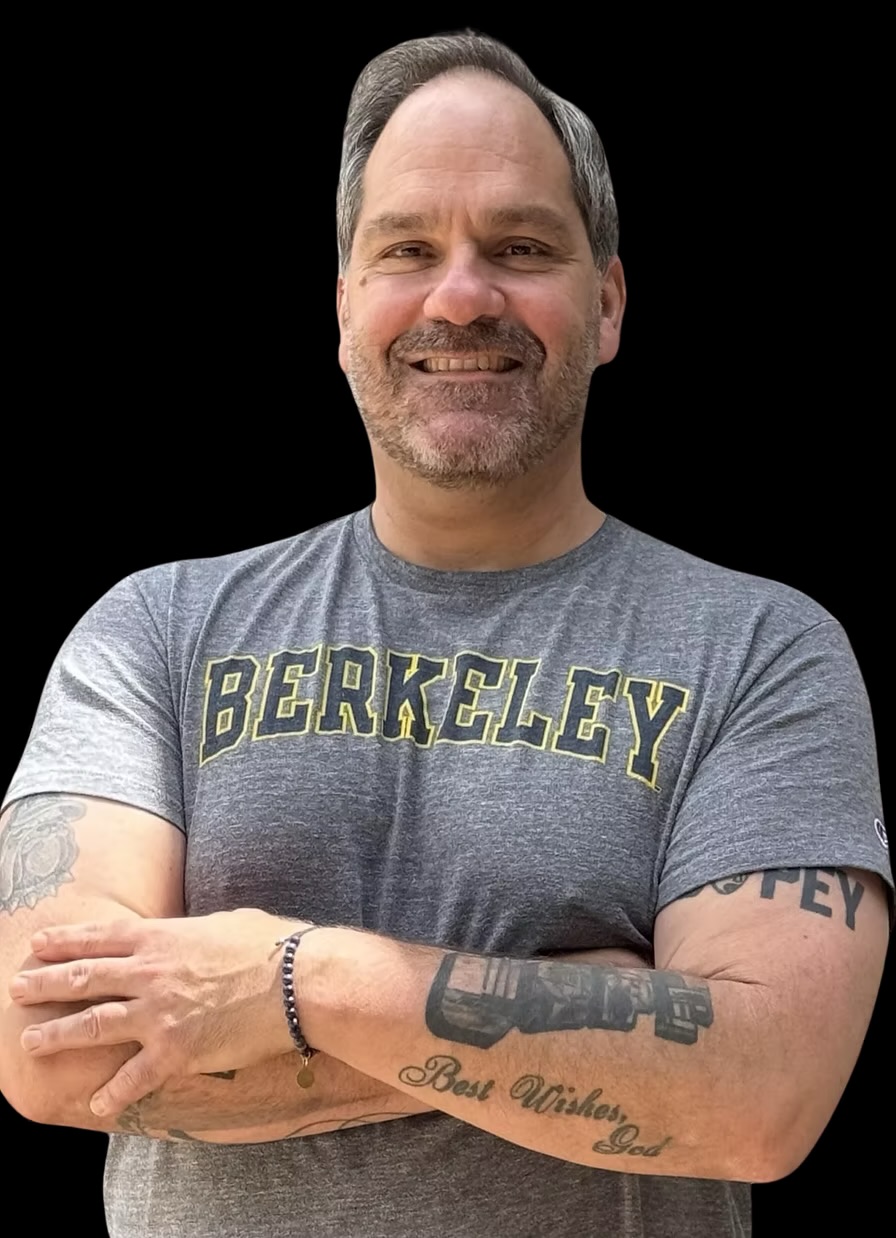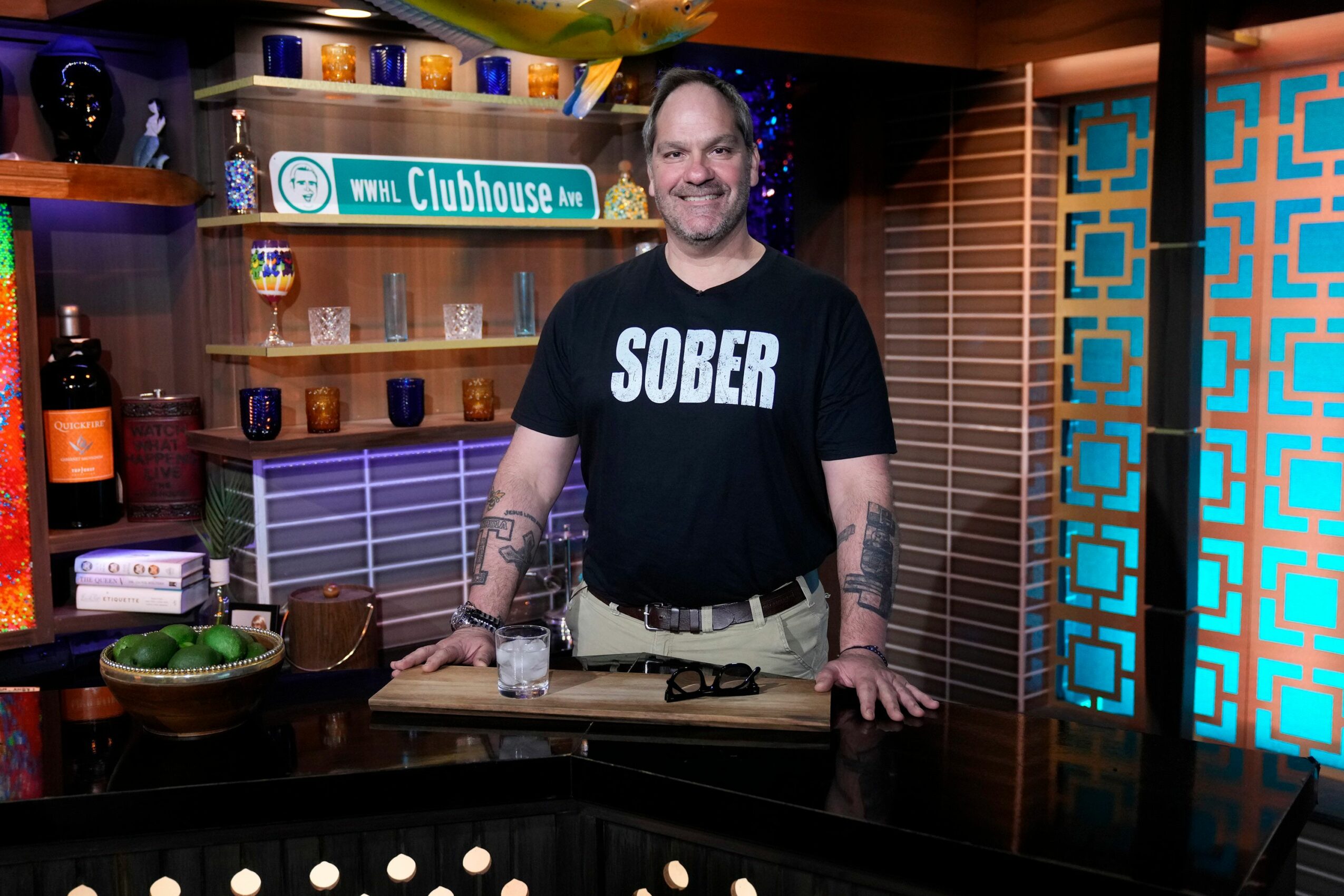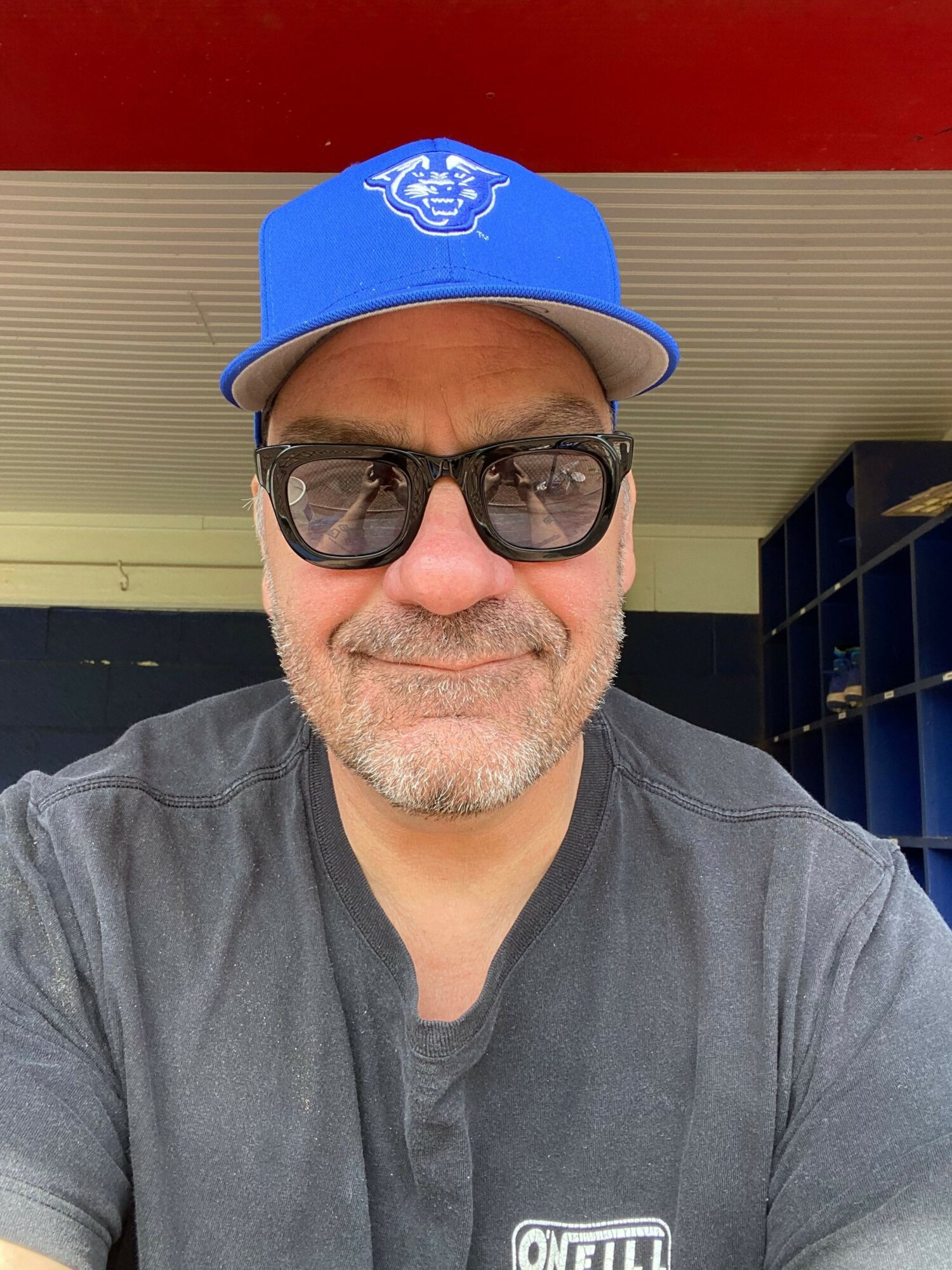

Today we’d like to introduce you to Joe Schrank.
Hi Joe , we’re thrilled to have a chance to learn your story today. So, before we get into specifics, maybe you can briefly walk us through how you got to where you are today?
⸻
Bio:
I’ve been orbiting the recovery world most of my life—first as a patient, then as a practitioner. I had pretty serious mental health issues growing up, but like a lot of young men, I didn’t have the vocabulary or the support to make sense of it. At USC, I was unknowingly running the worst possible treatment plan: pouring alcohol on depression and calling it personality.
Eventually, I got help. I landed at IONA College in New York, got into social work, and worked with the football team, which felt like coming home in cleats. From there, I went to the University of Illinois MSW program, where my research focused on depression in college athletes—mostly because I was one and knew how good we are at pretending we’re fine.
Since then, I’ve worked as a therapist at Promises in Malibu, started a transitional program in Williamsburg, Brooklyn, and co-founded The Fix, a site about addiction and recovery before it was cool. I’ve also logged a lot of miles as the mental health guy on tour with bands—kind of like a roadie who bugs the drummer (it’s always the drummer) about their feelings.
Now I live in Atlanta and edit The Small Bow, an effort to expand what recovery even means. Because whether it’s booze, burnout, or your mother, we’re all recovering from something.
⸻
Would you say it’s been a smooth road, and if not what are some of the biggest challenges you’ve faced along the way?
⸻
Has it been a smooth road?
If someone tells you it’s been a smooth road, they’re either lying or trying to sell you something. Life isn’t smooth. Mine’s been full of peaks and potholes—some big wins, and some absolutely world-class, self-imposed disasters. I work with a lot of young guys—have you ever met one known for consistently solid judgment? Me neither.
And when you add addiction into the mix, especially for those of us in recovery, there’s this charming tendency to shoot ourselves in the foot. Repeatedly. With both barrels. I’ve done that more times than I care to admit. Recovery doesn’t hand you a bubble-wrapped existence—it just gives you a shot at not making things worse when life does what life does.
So has it been smooth? Nah. But it’s been real. And real is better anyway.
⸻
Thanks – so what else should our readers know about Joe Schrank recovery. B?
⸻
Tell us more about your business.
Look, I can’t do my taxes, fix my car, or even pretend to enjoy driving it—so I get help for those things. Mental health is no different. When there’s chaos—whether it’s in a family, a band, a sports team, or just one person—I help people navigate those treacherous waters without sinking the whole ship.
The rehab industry? Mostly a mess—bloated, overpriced, and often about as effective as a juice cleanse. If you’ve already burned out scrolling through websites full of people holding hands on the beach at sunset, I can help cut through the nonsense and build an actual plan tailored to you, not your Pinterest board.
I do a lot of interventions—no, not the kind where the interventionist starts crying and tells their own story halfway through. If anyone’s crying, it shouldn’t be the guy you’re paying. I also handle treatment placement, court consultations, continuing care, and tons of individual work, mostly with guys under 30 or, on the flip side, older guys who never quite figured out how to deal with their feelings without getting drunk or blowing up their lives.
Guys usually hate therapy. I get it. Most think, “Why pay someone when my mom, wife, or sister will bitch at me for free?” So I skip the dream catchers and feelings wheels. We talk like humans. It works better that way.
I also do some public speaking, though I’m not sure why—they often want the clean, inspirational story: addiction, triumph, redemption. That’s not what I offer. Real life is messier. I believe in harm reduction. I don’t do judgment or coercion. If someone wants to swap alcohol for cannabis, I’ll talk it through with them and support their decision—even if I think it’s a terrible idea.
What I offer is wide-ranging and improvisational—like jazz. On any given day, I could be in a rehab facility, a courtroom, a tour bus, or a baseball field. Whatever it takes. Recovery isn’t one-size-fits-all, and neither is what
What does success mean to you?
⸻
How do you define success?
That’s a tough one—especially in my world, where success is often what isn’t happening. Sometimes it’s “My client didn’t get a DUI this weekend.” Not exactly something you put on a trophy, but it matters.
Success in mental health isn’t always flashy. It’s more like Justice Potter Stewart’s definition of pornography: I know it when I see it. The world likes to define success as “drug-free,” and sure, that might be part of it—but it’s far from the whole story. Mental health is more like a garden: you have to clear the wreckage, replant, design it for the climate you’re in, and then maintain it. Over and over.
To me, success is when people start living self-directed, healthier, and happier lives—whatever that looks like for them. I’m a big believer in improvement. If someone needs to lose 50 pounds and they lose 30, is that success? Absolutely. They’re moving in the right direction.
Same with recovery. If someone is more honest, less reactive, and showing up for their life with a little more intention, that counts. A lot of the mental health industry is obsessed with clean urine screens—as if that’s the only metric that matters. It’s not.
Nobody bats 1.000 with their mental health. But if you’re showing up, staying aware, and still trying? That’s
Pricing:
- My pricing follows the Jesuit model of payment. People are in when they are in financial but if you’re a single mom and need help with your son, your price is less than if you’re a partner at a law firm. I never want that to be the reason people don’t call me so I try to make it work and usually can I also have a soft spot for combat vets because my dad did multiple tours in Vietnam and wow was he nuts, so I like that population and want to help them and their families.
Contact Info:
- Website: https://Joeschrank.com

















